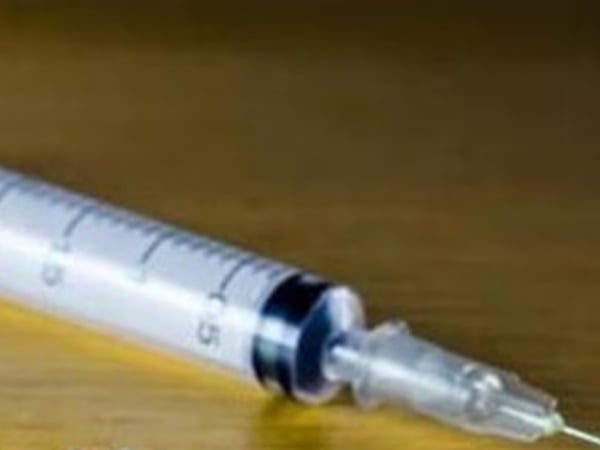views : 792
3 Min Read
Ban on American father-son duo offers lessons to India’s anti-doping warriors
The National Anti-Doping Agency (NADA) can draw inspiration from its American counterpart, United States Anti-Doping Agency (USADA), which persisted with an investigation until it got to the bottom of it and led to a father-son duo being sanctioned with lifetime and two-year ineligibility periods.
For long, India’s anti-doping warriors have believed that a combination of testing and education will keep the athletes (and their support system) away from banned substances. It is time for NADA to go deeper to the root and arrest the rot. The time has come to treat the disease rather than the symptom.
Thus far, there has been only a little evidence of NADA following up on leads made available to them during the Anti-Doping Disciplinary Panel (ADDP) hearings. Of course, a couple of athletes have secured reduced sanctions after offering ‘substantial assistance’ to NADA in uncovering the doping nexus.
Yet, beyond blacklisting a couple of ‘illegal suppliers’ – Puneet and Sunny Malik – and ban them from entering the Jawaharlal Nehru Stadium and other facilities hosting national and international sports activity, not much has been done. Even this blacklisting and ban from India’s sporting facilities was ordered by an National Anti-Doping Appeal Panel.
There is at least one order of an Anti-Doping Disciplinary Panel which said an athlete had been injected with a prohibited substance because the athlete’s father had procured the injection of 19-Norandrosterone, a Nandrolone metabolite, and asked a doctor to infuse it into his daughter who was but 13 years old at that time.
NADA’s intelligence and investigation team must work with police and Department of Drug Control of each State. That would help India identify and break the supply chain that appears to make it easy for the cheats to access medication with prohibited substances, leading to the country having the most positive tests in 2023 WADA Testing Figures Report.
Many have believed that it is only coaches or other competitors who nudge some athletes, especially minors, towards using prohibited substances to enhance performance or attain early recovery. World Athletics Vice President Adille J Sumariwalla is among those who have been asking for criminal action to be initiated against the perpetrators.
There are some who believe that the United States Anti-Doping Agency (USADA) is not delivering the best since it does not have any jurisdiction over collegiate sport or some other major leagues. Yet, there are some lessons that USADA may have that India can employ itself in its war against doping.
Following through to get to root of problem
For instance, USADA recently sanctioned coach-parent Michael Vowell with lifetime ineligibility for administering his own prescription Testosterone gel to his 16-year-old child Seth Vowell at the USA Track & Field Junior Olympic Cross Country Championships in December 2023. The youngster as well was given a two-year ban.
A whistleblower had tipped off USADA about Michael Vowell’s action, prompting the agency to launch an investigation. It uncovered evidence to show that he had administered a gel that had been prescribed for him on his 16-year-old son, Seth Vowell. Eventually, both father and son accepted sanctions for anti-doping rule violations.
“Michael Vowell’s actions constituted anti-doping rule violations for possession of a prohibited substance, administration of a prohibited substance, and complicity. He accepted a lifetime period of ineligibility for his violations. His lifetime peri of ineligibility began on March 19, 2025, the date he was provisionally suspended,” USADA said on its website.
USADA CEO Travis T. Tygart has been quoted as saying that this case is a devastating example. “It is a devastating example of why it’s so important for athlete support personnel, including coaches and parents, to put athlete well-being above all else, especially when involving minors. And when they don’t, they will be held accountable to the full force of the rules.”
Name all banned athletes
The 16-year-old Seth Vowell, who finished 30th in the Boys U18 5km event, has been sanctioned a two-year ineligibility period from December 10, 2023, the date on which his sample was collected for testing. That the USADA site has named the minor should also encourage NADA to unhesitatingly name minors who commit anti-doping rule violations.
It does not need reminding that there are 10 minors on provisional suspension, 25 are currently ineligible to participate in sport after admitting doping rule violations and accepting sanctions under the Case Resolution Agreement clause and 30 have been sanctioned ineligibility periods by National ADDPs.
